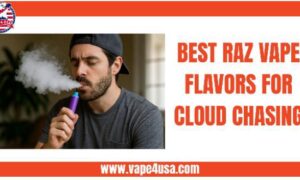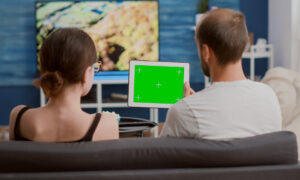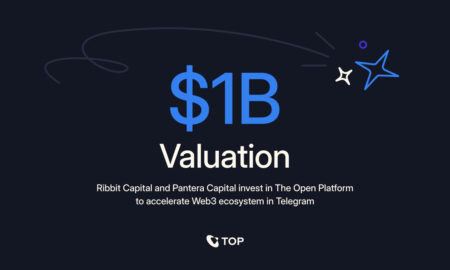For more than a decade, the business world has been captivated by the concept of “big data.” Collecting massive amounts of information was supposed to revolutionize decision-making, giving companies an edge through unprecedented insights. But as businesses wrestle with the challenges of processing and analyzing ever-larger datasets, a growing number of experts are questioning the utility of this approach.
The reality is that bigger isn’t always better. In many cases, the pursuit of big data has led to diminishing returns, introducing more noise than actionable insights. Now, a quiet revolution is underway—one that champions precision over quantity. The future of AI and business intelligence is shifting toward “small data,” where targeted, high-quality datasets enable faster and smarter decision-making.
The Problem with Big Data
Big data has its merits, but it comes with significant downsides. Processing massive datasets requires substantial resources, including advanced computing infrastructure, time, and expertise. Even then, the insights gained are often buried under layers of irrelevant information.
A 2023 study from MIT Sloan Management Review highlighted a startling fact: only 23% of companies believe their big data initiatives have significantly improved decision-making. Instead of clarity, many businesses find themselves overwhelmed, drowning in a sea of information without a clear direction.
“Big data was supposed to make everything better, but in reality, it’s often just making everything more complicated,” says Michael Carter, an independent data consultant. “Companies are spending millions to maintain and analyze datasets that don’t necessarily lead to better outcomes. It’s an inefficient use of resources.”
The Rise of Small, Precise Data
Enter small data. Rather than amassing vast amounts of information, small data focuses on collecting and analyzing precise datasets tailored to specific goals. The shift is akin to swapping a searchlight for a magnifying glass: while the former illuminates everything broadly, the latter brings intricate details into focus.
“Big data has distracted us from a key truth: more data doesn’t always mean better insights,” says George Kailas, CEO of Prospero.ai. “Large datasets often introduce noise that obscures actionable intelligence. The future of AI lies in its ability to analyze small, precise data sets — the kind that answer specific, high-impact questions. Businesses that focus on precision will uncover trends and opportunities faster and with less resource waste.”
Kailas’s analogy is apt. Big data often leaves companies bogged down in the logistics of managing their information rather than using it effectively. Small data, on the other hand, prioritizes relevance and impact, streamlining processes and delivering sharper insights.
Benefits of the Small Data Approach
Adopting a small data strategy has numerous advantages:
- Resource Efficiency: Smaller datasets require less storage and processing power, reducing costs and environmental impact.
- Faster Insights: By focusing on targeted questions, companies can derive actionable insights in a fraction of the time.
- Improved Accuracy: Precise datasets minimize the risk of false correlations and other pitfalls associated with analyzing massive datasets.
- Better Decision-Making: Small data enables decision-makers to act confidently, armed with clear and relevant information.
For example, retail businesses are leveraging small data to optimize customer experiences. Instead of sifting through mountains of transaction records, they analyze specific purchase patterns during key times of the year. This allows them to tailor promotions, manage inventory, and boost sales—all without the overhead of a massive data operation.
Shaping the Future of AI
As companies continue to adopt AI-driven solutions, the emphasis on small data is likely to grow. AI algorithms thrive on well-curated datasets, making precision a critical component of their success. By focusing on smaller, smarter data strategies, businesses can unlock the true potential of AI: delivering insights that are actionable, timely, and impactful.
Yet, this shift requires a fundamental change in mindset. For years, the industry has equated success with the size of a dataset. Now, companies must embrace the idea that quality trumps quantity.
“Don’t get drowned in data,” Kailas advises. “Companies that embrace smaller, smarter data strategies will be the ones to lead in 2025.”
A New Era of Data-Driven Decision-Making
The move from big data to small, precise data isn’t just a trend—it’s a necessity. As the business landscape grows more complex, companies need tools that simplify decision-making rather than complicate it. By prioritizing precision, businesses can stay agile, reduce waste, and achieve better outcomes.
While big data will always have its place in certain industries, the broader future of AI and business intelligence lies in embracing smaller, sharper datasets. In 2025 and beyond, the companies that succeed won’t be the ones with the biggest datasets—they’ll be the ones that ask the right questions and use the right tools to answer them.
As Kailas and other thought leaders advocate for smarter approaches to data, it’s clear that the magnifying glass, not the searchlight, will lead the way forward.
Photo by Stephen Dawson

































